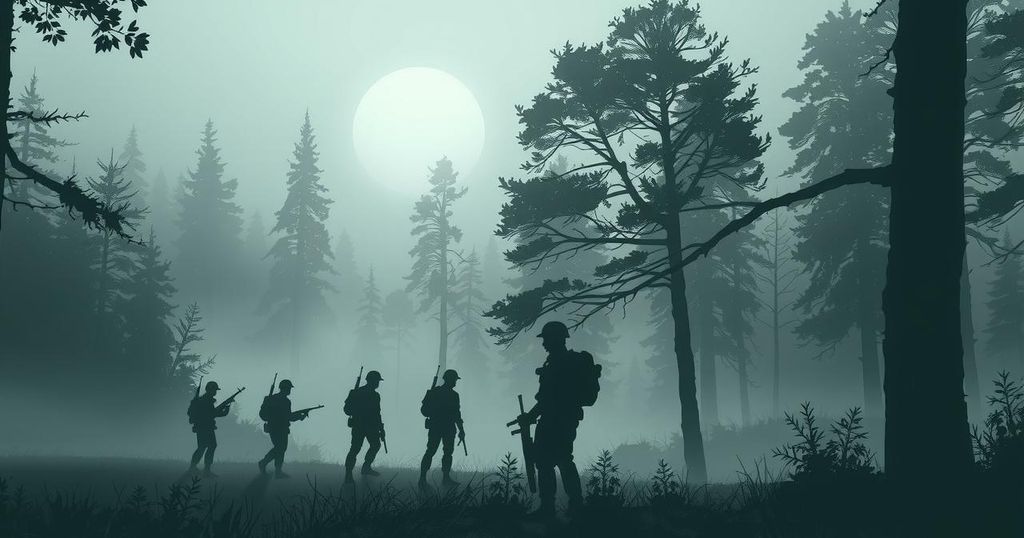World news
ASIA, DEFENCE, ENERGY INFRASTRUCTURE, EUROPE, EUROPE/ASIA, JAPAN, JONG GYONG HONG, KIM JONG - UN, KURSK, MILITARY, MILITARY SUPPORT, MOTHER PARTY, NIKKEI, RUSSIA, SPECIAL OPERATIONS FORCES OF, SPECIAL OPERATIONS FORCES OF UKRAINE, TOKYO, UKRAINE, WAR, WORKERS ' PARTY OF KOREA
Fatima Khan
0 Comments
Reflections of Fallen North Korean Soldiers in Ukraine Conflict
Russia has deployed over 10,000 North Korean troops in the Ukraine war, with around 4,000 casualties. Nikkei explored personal notes and items left by the deceased soldiers, revealing their mental struggles and loyalty. One soldier expressed regret over betraying the party, and a note alleged to be from Kim Jong Un encouraged safe return, although its authenticity remains unverified.
In response to troop shortages, Russia has deployed over 10,000 North Korean soldiers to fight in the Ukraine war, approximately 4,000 of whom have either been killed or injured. This raises the question of what thoughts filled the minds of these soldiers as they faced their fate in a foreign land.
Nikkei has acquired photographs of notes and personal belongings left behind by these North Korean soldiers, courtesy of the Special Operations Forces of Ukraine. With the help of a South Korean translator knowledgeable in North Korean culture, these findings reveal a mixture of deep psychological stress, unwavering loyalty to the Workers’ Party of Korea, and a glimmer of hope for the future.
The investigation, carried out in collaboration with Ukrainian officials and a former North Korean soldier, highlights the poignant messages contained in these items. One soldier, identified as Jong Gyong Hong, expressed regret in his note, stating, “I have betrayed the love and grace of the party and turned my back on the grace of the supreme commander.” His self-critical statement concludes with a hopeful desire to reunite with the “mother party” upon his return.
A notable item recovered includes a note purportedly from Kim Jong Un, which reads, “Come back home safe and sound. Never forget that I am always praying for your safe return.” Although the authenticity of this note remains unverified, it conveys a strong message of support to the troops.
This article sheds light on the tragic circumstances surrounding North Korean soldiers deployed in the Ukraine conflict, revealing their mental state and loyalty through personal notes and belongings. It underscores the psychological burden they bear while serving a regime that demands unconditional allegiance, even amid dire situations on foreign soil. The insights from these recovered items provide a profound perspective on the soldiers’ experiences.
Original Source: asia.nikkei.com




Post Comment